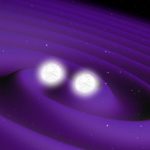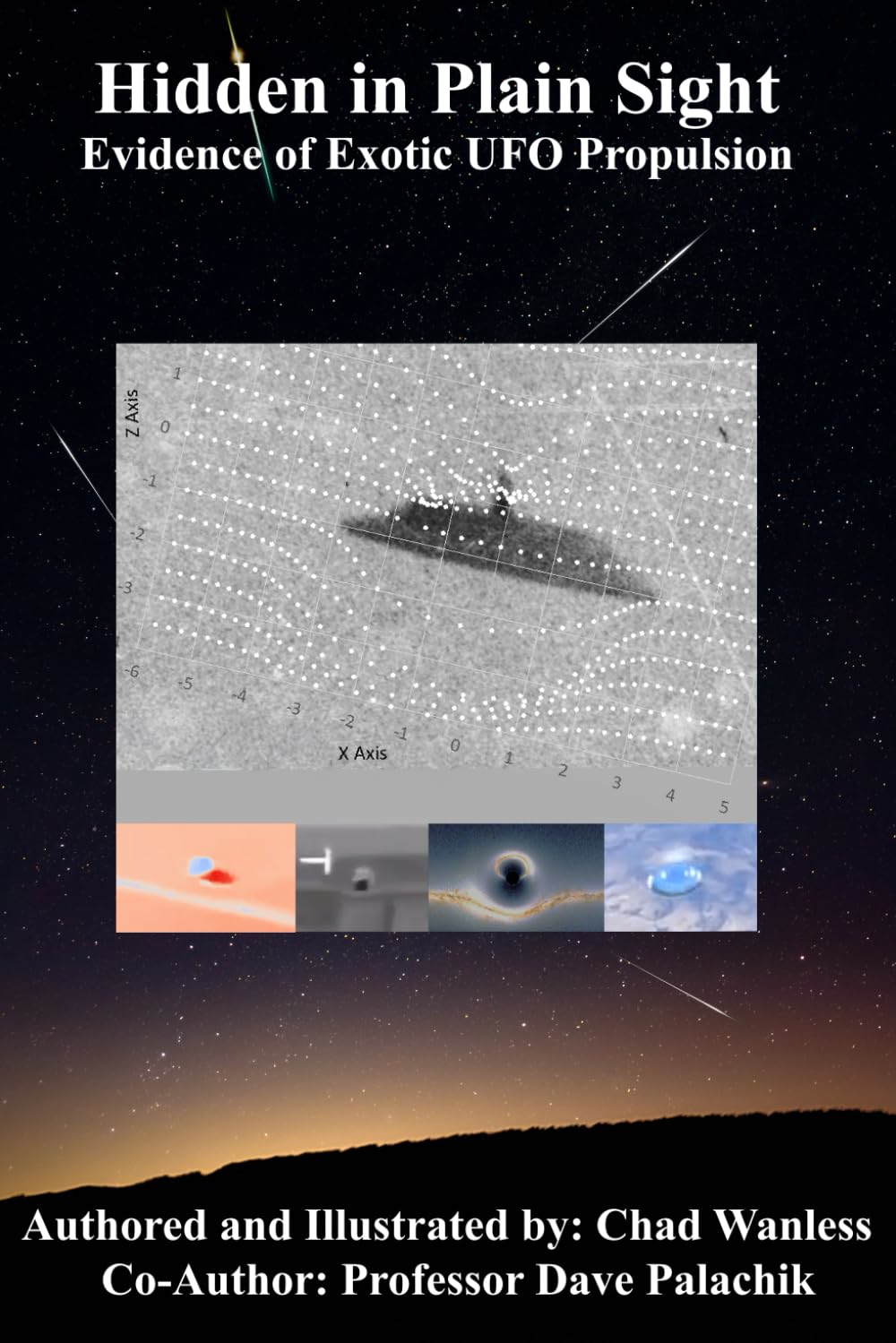LISA May Reveal the Secret Lives and Deaths of Stars With Gravitational Waves0
- From Around the Web, Space
- March 4, 2020
The space telescope LISA will tell astronomers how stars live and die in ways we’ve never known before.

The space telescope LISA will tell astronomers how stars live and die in ways we’ve never known before.

Researchers have discovered a huge snowman-shaped star with an atmospheric composition never seen before.

Scientists have identified a sub-atomic particle that could have formed the “dark matter” in the Universe during the Big Bang.

The new discovery could provide clues as to whether extraterrestrial life is possible.

In the 1980s, paleontologists found a dinosaur nesting ground with dozens of nestlings in northern Montana and identified them as Hypacrosaurus stebingeri, a species of herbivorous duck-billed dinosaur that lived some 75 million years ago (Cretaceous period). Now, a team of researchers from the United States, Canada, and China has investigated molecular preservation of calcified cartilage in one of the Hypacrosaurus stebingeri nestlings at the extracellular, cellular and intracellular levels. They’ve found chemical markers of DNA, preserved fragments of proteins and chromosomes in the dinosaur chondrocytes (cartilage cells). The findings further support the idea that these original molecules can persist for tens of millions of years.

It’s hard living in a relativistic Universe, where even the nearest stars are so far away and the speed of light is absolute. It is little wonder then why science fiction franchises routinely employ FTL (Faster-than-Light) as a plot device.

The outburst was five times as energetic as the last record holder

At only 1% the age of the sun, the DS Tuc binary system shows us how a planet might naturally develop before its orbit is disturbed by external forces.

The leftover remnants of a meteorite that smashed into Earth 15 million years ago could give new insight into Mars’ past, including its oceans and whether it ever supported life.

The recent “Bigfoot” sighting on Sherman Pass has officially been debunked, but you can still believe if you’d like.



